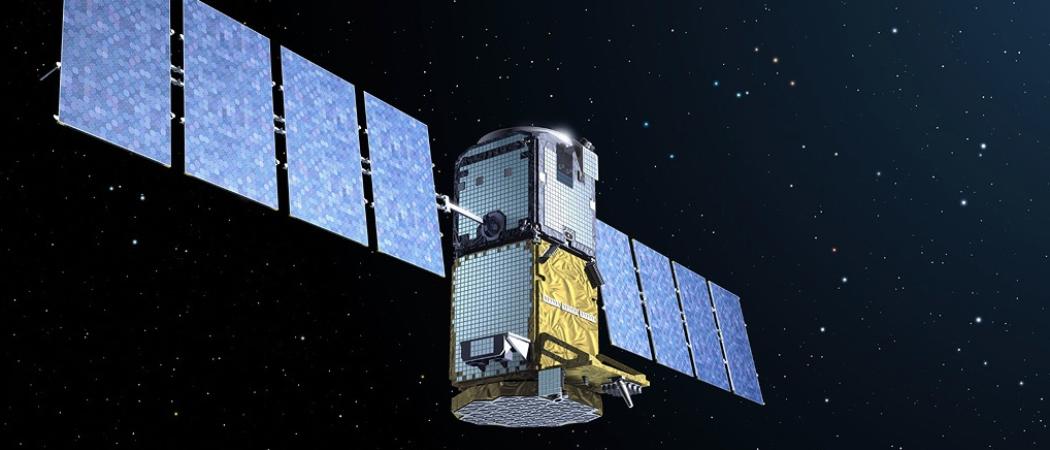Whether or not space programme gets €16B proposed by the Commission now hangs on negotiations over the EU’s overall long-term budget

The EU Council announced it has approved all the details of the 2021-2027 space programme – apart from the critical detail of how big its budget will be.
Once finalised, the legislation will establish a new EU Agency for the space programme, to be based in Prague. That will replace the current Global Navigational Satellite Systems agency, and bring all of the EU’s space projects under one roof.
The Commission has called for the space programme to get €16 billion over seven years. However, the final amount will not be settled until member states agree on the EU’s overall budget for the same period. That decision isn’t expected before the end of 2019, due to disagreements between national governments in the Council.
Member states are divided over the Commission’s ambitions of boosting spending on space and research by cutting subsidies to farmers and cohesion funds paid to poorer member states.
And despite Brexit and the loss of the UK’s net contribution, the 2021 - 2027 EU budget proposed by the Commission is larger than the current one, meaning other net contributors like Germany will have to pay more.
Satnav, earth observation and security
The Commission’s proposal for the space programme, spread across seven years, works out as about €2.3 billion per year. The budget covers three separate areas of satellite navigation, earth observation, and security.
The €5.8 billion allocated to earth observation goes to the Copernicus project, while the satellite navigation budget is divided into €8.25 billion for the Galileo system and €1.45 billion for the European Geostationary Navigation Overlay Service. The €500 million for security is split equally between the space and situational awareness programme, which tracks asteroids and space junk, and Govsatcom, which provides secure communications for the public sector.
All five projects are jointly operated with the European Space Agency (ESA), which in 2018 had a budget of €5.8 billion, almost half of which came from France and Germany. ESA is not part of the EU, but its members include all member states except for Latvia, Lithuania, Slovakia, Croatia, Bulgaria, Malta and Cyprus. Norway and Switzerland are also full ESA members, while Slovenia and Canada are associate members.
Whatever happens with the budget, European space funding will still fall far short of the €17.9 billion that the US government is projected to spend on NASA in 2021 alone, the year the EU space programme is due to start.





 A unique international forum for public research organisations and companies to connect their external engagement with strategic interests around their R&D system.
A unique international forum for public research organisations and companies to connect their external engagement with strategic interests around their R&D system.